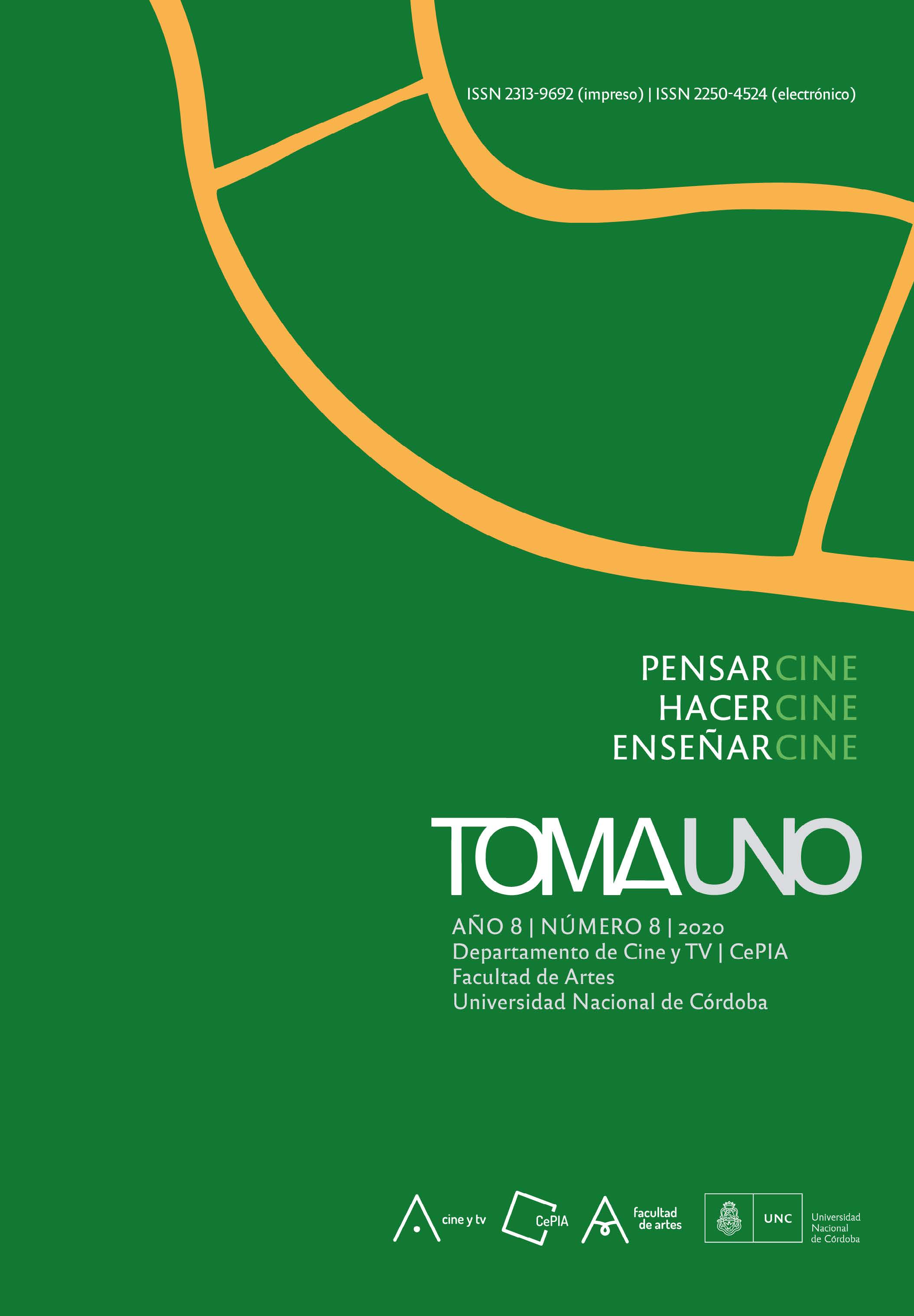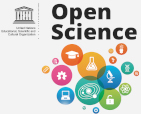Narrative subjection and familiar emotions
About El silencio es un cuerpo que cae by Agustina Comedi
DOI:
https://doi.org/10.55442/tomauno.n8.2020.30774Keywords:
emotions, family, homosexuality, emotional grammar, dissidenceAbstract
The interest in examining a documentary such as El silencio es un cuerpo que cae by Agustina Comedi (2017) is not limited to the analysis of the author's biographical record of her father's sexual past. It also allows for the mapping of past and present forms of homosexuality that may be unrecognizable in a present GLBT marked by greater public visibility and acceptability. In this sense, Comedi's work is not only an “archive of feelings” (Cvetkovich, 2018) in which the emotional responses - personal and collective - that from the absence of familiar and public recognition built a gay culture at the end of the last century are exhibited. It is also an “affective map” (Flatley, 2008) that provides an experience of self-estrangement that defamiliarizes us from our own affective attachments and allows us to reorient the emotional grammar to which we are subject. In this archive of images that tells of a conjectural and fragmentary past —the secret homosexual drift of his father—, not only is a “heterobiography” composed (Boero, 2017). It also reveals in an opaque way the sentimental drift of a dissident body —his father's, that of many other fags of that time— in the midst of the problematic fabric that makes up the family emotions.
__
ARK: http://id.caicyt.gov.ar/ark:/s22504524/olchp9x7v
Downloads
References
Ahmed, S. (2015). La política cultural de las emociones. Ciudad de México: PUEG-UNAM.
Ahmed, S. (2019). La promesa de la felicidad. Una crítica cultural al imperativo de la alegría. Buenos Aires: Caja Negra.
Boero, M.S. (2017). Trazos impersonales. Jorge Barón Biza y Carlos Correas. Una mirada heterobiográfica. Villa María: Eduvim.
Butler, J. (2006). Vida precaria. El poder del duelo y la violencia. Buenos Aires: Paidós.
Butler, J. (2007). El género en disputa. El feminismo y la subversión de la identidad. Barcelona: Paidós.
Butler, J. (2009). Dar cuenta de sí mismo. Violencia ética y responsabilidad. Buenos Aires: Amorrortu.
Canseco, B. (2017). Eroticidades precarias. La ontología corporal de Judith Butler. Córdoba: Asentamiento Fernseh/Sexualidades doctas.
Cvetkovich, A. (2018). Un archivo de sentimientos. Trauma, sexualidad y culturas públicas lesbianas. Barcelona: Bellaterra.
Flatley, J. (2008). Affective Mapping. Melancholia and the Politics of Modernity. Cambridge-London: Harvard University Press.
Giorgi, G. (2018). El archivo de las imágenes, el desorden de las familias. Kilómetro 111. Ensayos sobre cine, 14-15, pp. 313-318.
Halberstam, J. (2018). El arte queer del fracaso. Madrid-Barcelona: Egales.
Koza, R. (2018, noviembre, 17). La ley del deseo. Revista Ñ. Recuperado de http://www.conlosojosabiertos.com/silencio-cuerpo-cae/
Love, H. (2015). Fracaso camp. En Macón, C. y Solana, M. (eds.) Pretérito indefinido. Afectos y emociones en las aproximaciones al pasado (pp. 187-203). Buenos Aires: Título.
Sedgwick, E.K. (2018). Tocar la fibra. Afecto, pedagogía, performatividad. Madrid: Alpuerto.
Carri, A. (directora). (2018). Las hijas del fuego [largometraje]. Argentina: Gentil.
Castro, E. (director). (2016). La noche [largometraje]. Argentina: Bomba Cine-Pampero Cine.
Comedi, A. (directora). (2017). El silencio es un cuerpo que cae [documental]. Argentina: El Calefón.
Rodríguez Redondo, M. (director). (2018) Marilyn [largometraje]. Argentina-Chile: Maravilla Cine-Don Quijote Films.
Published
How to Cite
Issue
Section
License
LicenseThis work is licensed under Creative Commons Attribution-NonCommercial-NoDerivs 2.5 Argentina .


































